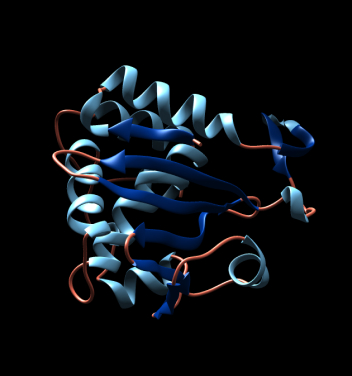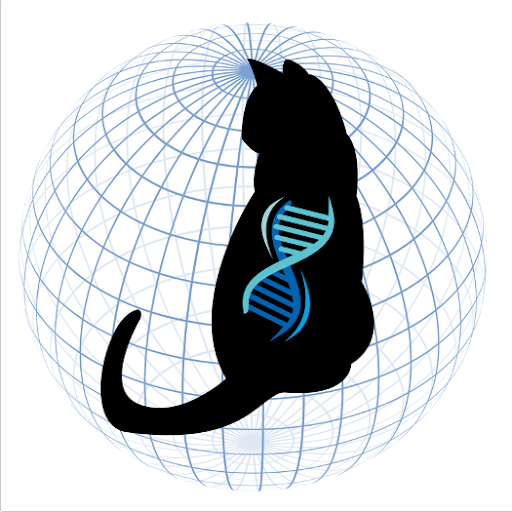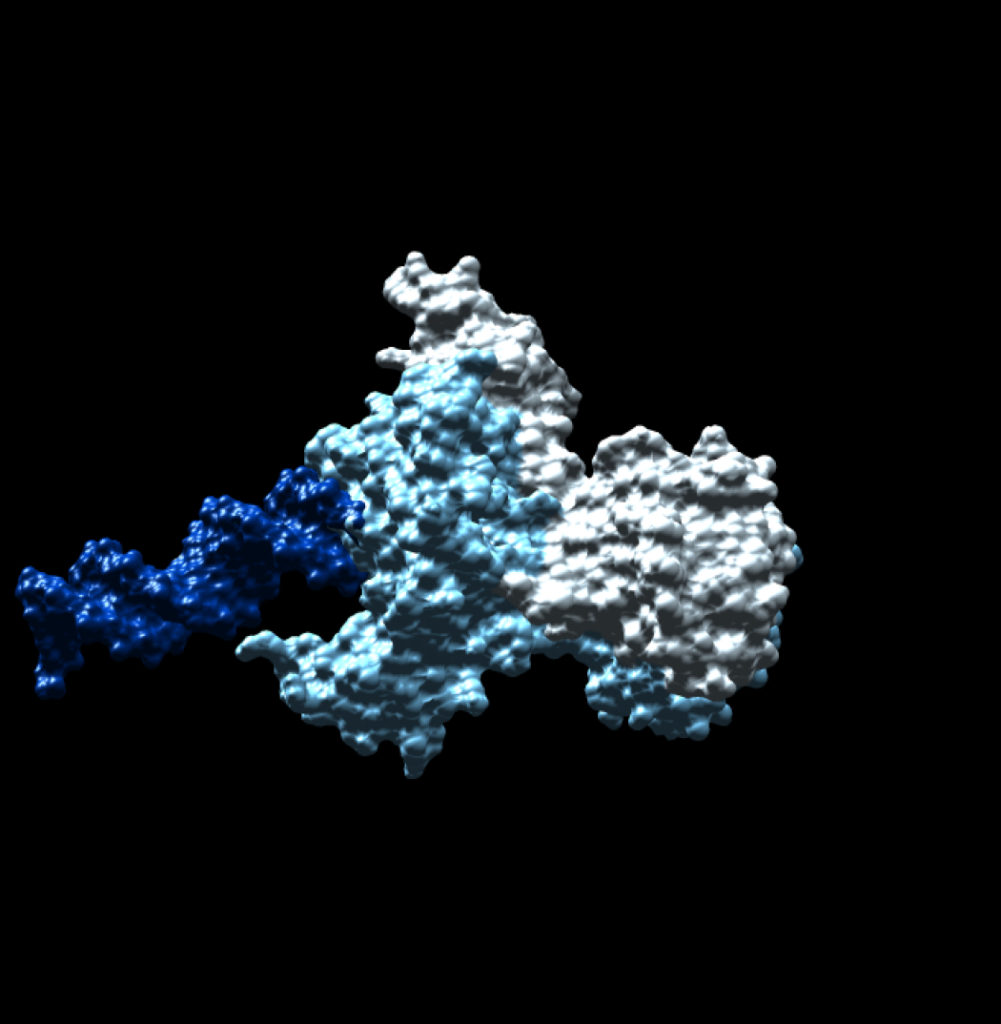What we seek
Investors
If you represent a family office, a trust fund or if you are a HighNetWorth individual seeking to diversify your current investment portfolio, do drop us a message on our contact page. This will allow you to learn more about us in a much more detailed way.
Collaborators
If you are a university, a research driven NGO or a private research institute, we can have an informed no obligation online discussion to explore if there are common interests that can be the basis of some collaboration. Again, drop us a message on our contact page.
Corporate Synergy
If you represent a company whatever the size, we might have some common goals that work better if we help each other. By contacting us, we can have a down-to-earth & straight to the point discussion online. We do not wish to waste your time and will assure you of a frank discussion.
[Aquaculture] Origins
[to edit] Huan graduated with a First Class Honours in Marine Ecology from the University of London and completed his Masters in Aquaculture (with Distinction) at the University of Stirling in Scotland. After working on shrimp culture, disease and nutrition in both Malaysia and India for over a decade, Huan began a proof-of-concept sea cucumber hatchery first in Neelankarai in India in the mid-1990s and later moved it to Trivandrum as it had short direct flights to the Maldives. This technology was transferred to the Maldives where sea cucumber farming of the tropical sandfish Holothuria scabra carries on until today. Then in the late- 2000s, another proof-of-concept project was set up on Marina Island, Perak state in Malaysia to develop farming within pond systems. Just prior to the COVID-19 pandemic, Huan provided site-selection and feasibility services to the Sultanate of Oman’s Industrial Innovation Centre for farming in coastal sand flats that are otherwise economically useless due to high boric acid content in the soil.
Huan also was a guest lecturer at the University of Malaya for over a decade lecturing on marine biotechnology. He was also the Vice President of the Malaysian Society for Marine Science for many years during which he also served on the Korean-ASEAN Working Group on marine biotechnology.
Marine Biotechnology is very relevant today as there is a growing need to control disease in aquaculture, develop superior breeding stocks that are disease resistant and focus on farming endangered species such as the tropical sandfish which is already an endangered species according to the IUCN.

[Sea Cucumber Aquaculture]
[to edit] The culturing of sea cucumbers are highly focused on the coldwater East Asian species Apostichopus japonicus at present. The success of this species is mainly due to the use of large scale hatchery technology and farming in enclosed open sea facilities in China, Korea and Japan. On the other hand, the tropical sandfish Holothuria scabra is vulnerable to predation by fishes and crabs and large scale farming has till date only been successful in Madagascar where labour costs are very low and farming is done in sea pens.
Such projects have a very long ROI (return on investment) and are not easy to replicate in other countries. Also, culture technology is highly site-specific in order to avoid problems from using inappropriate technology. Against such a backdrop, pricing of tropical sandfish is resilient in China and parts of the overseas Chinese diaspora due to extremely aggressive over-fishing much of which is illegal in certain countries.
[Marine] Biotech R&D
[to edit] Marine Biotechnology is an extremely wide field but Lybica Ventures chooses to focus on the development of Specific Pathogen Resistant (SPR) broodstock development, the development of novel orally delivered antiviral proteins via feed and the use of certain functional foods to mitigate disease in sea cucumber farming. With the company’s collaborators, Lybica Ventures plans to develop TiLV (Tilapia Lake virus) resistant strains of tilapia, WSSV resistant penaeid shrimp and produce orally delivered antiviral proteins for the control of Nodavirus and Iridovirus in marine fish.
The company also plans to develop tropical sandfish that are genetically capable of being farmed in coastal desert regions of the Middle East, that are tolerant of higher temperatures and salinities as climate change continues to cause unpredictable farming conditions.
Our Expertise

Biotech Research and Development
We are marrying IT to AI to Molecular Biology. We are also actively searching Patent Databases all over the world to provide highly accurate technical translations from many foreign languages. Our expertise comes from many different but complimentary fields such as bioinformatics, molecular biology, drug discovery, virology, bioprocess engineering, biochemistry, microbiology, and immunology. We believe we are part of the next wave of biotech pioneers that will impact many areas of human life. Our expertise is to scout out new Intellectual Property, make test proteins, and validate them as a Drug Discovery Engine.
[Marine] Biotech Research and Development
[to edit] Huan has expertises in marine bioremediation and has solved a disastrous algal bloom leading to black sands and a stench of rotten eggs in one of the most beautiful resorts in the Maldives, which has been featured as among the best by Conde Nast Traveller magazine. He has also developed, together with his previous partner, a Caspase-3-Beta-Glucan-based shrimp feed additive that has been marketed in the Philippines for the past decade and addresses shrimp viral and bacterial disease. His main focus these days is on the use of chimeric antiviral proteins that can be orally delivered to address aquaculture-related viruses. Additionally, the implications are that such proteins may be used to develop Rapid-SPR (Specific Pathogen Resistant) breeding stocks that need to also be SPF (Specific Pathogen Free) as they may be SPT (Specific Pathogen Tolerant) and still host viruses that may mutate one day into a much more virulent form.
The company utilizes AI and machine learning platforms to design novel antiviral proteins that can be produced economically using the company’s unique bio- processing short-cuts. Lybica Ventures also has molecular and virology laboratories that can validate the antiviral activity of these new novel proteins that are patentable as they do not infringe upon any older existing background patents. Additionally, the company has animal models that can further validate the efficacy of these novel proteins.
